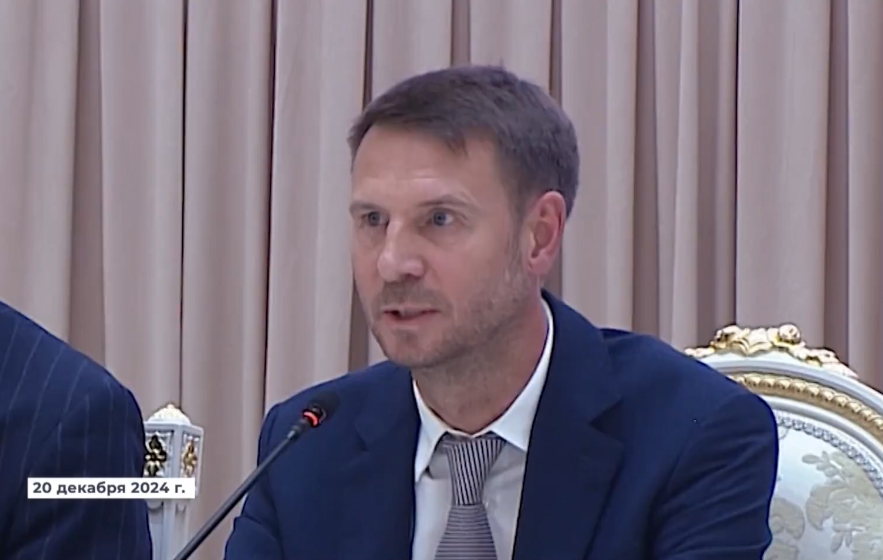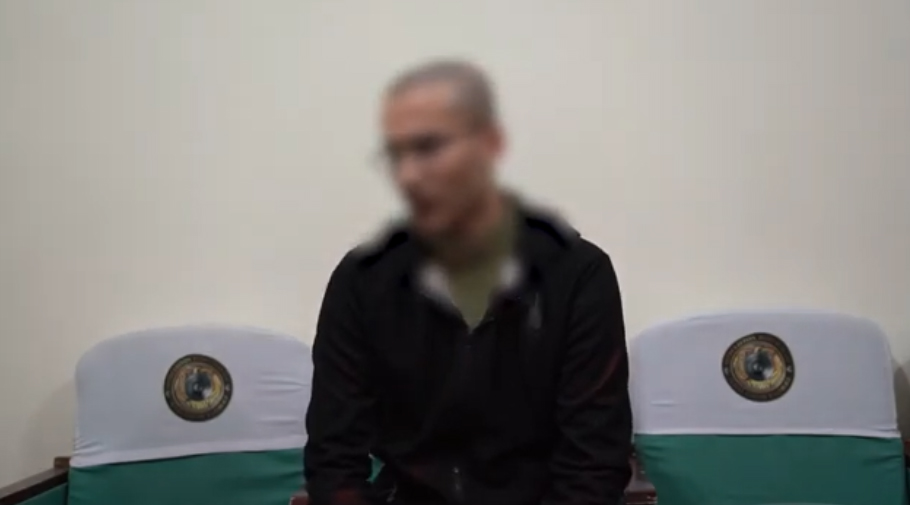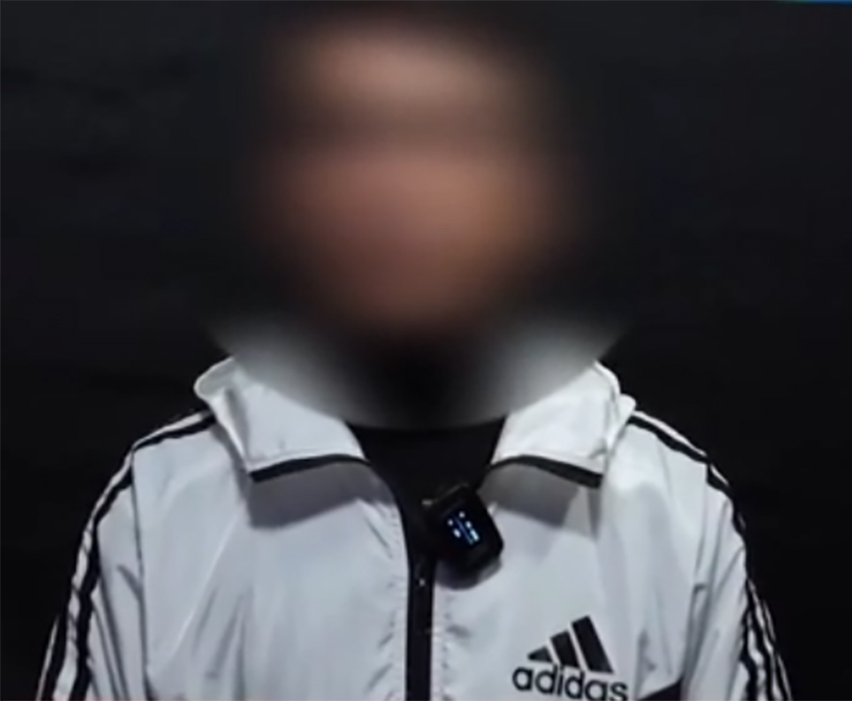This article is also available in:
Русский (Russian)
Uzbek
The number of traffic violations in Tashkent is growing at an alarming rate. Residents are increasingly witnessing drivers ignoring traffic rules, and the penalties for these violations are becoming more and more symbolic. A recent incident involving an SUV driver only highlights this disturbing trend.
A few days ago, a video appeared on social media showing a KIA SUV driver speeding and nearly hitting a woman. This situation could have ended in tragedy. But what makes this case especially outrageous is the punishment the violator received. Instead of real measures that could prevent a repeat violation, the driver was merely fined and given a preventive talk.
It is worth noting that both participants were at fault in this situation — the pedestrian violated the rules by crossing the road in an unauthorized place, while the driver was speeding in the opposite lane. But one thing is clear: such a violation by the driver cannot be justified by a simple “lecture.”
Why are drivers increasingly allowing themselves reckless behavior behind the wheel? The answer is simple: there is no fear of punishment. When everyone knows that their offense will be settled with a fine and a short talk with an inspector, what’s the point of following the rules? You can pay, listen to the talk, and continue to violate, endangering the lives of others.
This case is not an isolated one, but rather a symptom of a broader problem. Discipline on the roads is lacking, and this applies to both drivers and pedestrians. There is no fear of the law on the streets of our city, and this turns the roads into a potential field for tragedies.
How long will this continue? How many more violations will society have to endure before real measures are taken? The time for light fines and preventive talks is long gone. It’s time for actions that can truly stop those who have no respect for the lives of others.
The article may contain inaccuracies as it is translated by AI. For more details, please refer to the Russian version of the article. If you notice any inaccuracies, you can send corrections via the Telegram bot: Uzvaibik_bot.











